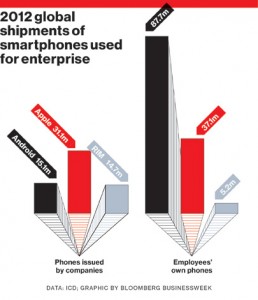An important part of the project management process is to also manage any risks associated with that particular project. In doing so, the project has a much better chance to be successful if anything does happen. The four main steps in risk management are:
1. Risk Identification
2. Risk Assessment
3. Risk Response Development
4. Risk Response Control
In following these steps carefully, it allows any project manager or team to identify all potential risks, how they might affect the project, and then how to respond to them and to maintain this response level throughout the project. Recently there was an article published in Forbes about risk management as it pertains to financial risk which explained the difference between mitigating risk and having complete uncertainty about an event. Although the article is focused on financial situations, it seems it could potentially apply to project management as well.
The article goes on to say that there is a difference between risk and uncertainty. Risk is used to define cases of known probability. For example, McDonald’s most likely understands the probability a person will slip and fall in one of their locations for every million visits to a store. This would be risk; a known probability which is something they can mitigate. Uncertainty on the other hand is when the probability of an event is not known at all. In some cases, companies will treat uncertainty by saying there is an X% chance of an event happening, essentially guessing about the level of that chance. Complete uncertainty however is when “you don’t know what you don’t know.” It’s the situation when a company hasn’t even thought of an event in the first place, and so cannot manage it in any way. These uncertainties are called Black Swans. The article concludes by explaining that companies ought to have contingency plans that will help to offset any Black Swans. Again, they are not predictable, but can be minimized by generally planning to have “a Plan B” for this type of situation.
Even though the article’s ideas are all based on economics and finance in the business world, is does seem possible that the same approach can (and maybe should be) used for project management as well. Matrices are typically created for a project to manage risk, measure how much of an effect those risks will have, and how to deploy a contingency if they happen. In using the theory explained in the article, these matrices are really only taking into considering the known probabilities of those events happening. It doesn’t account for the potential of Black Swans, which could wreak more havoc on a project if they occur.
Do you think there should be contingency plans built into projects for the unknown? Is there a way to include some general safeguards outside of a FMEA plan to really minimize risk AND uncertainy?
Sources:
Forbes: Uncertainty and Risk Management: What to Do About Black Swans?
